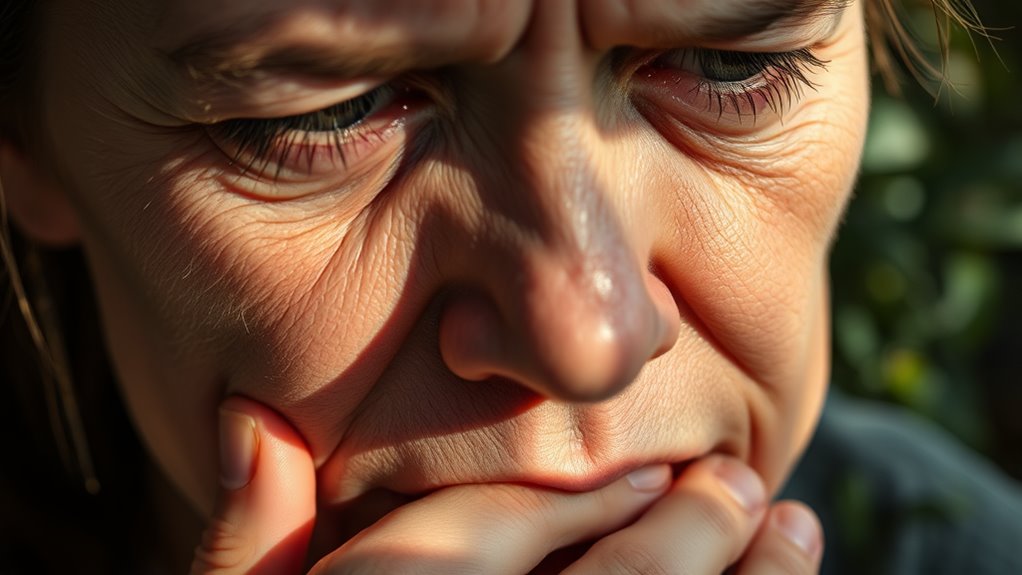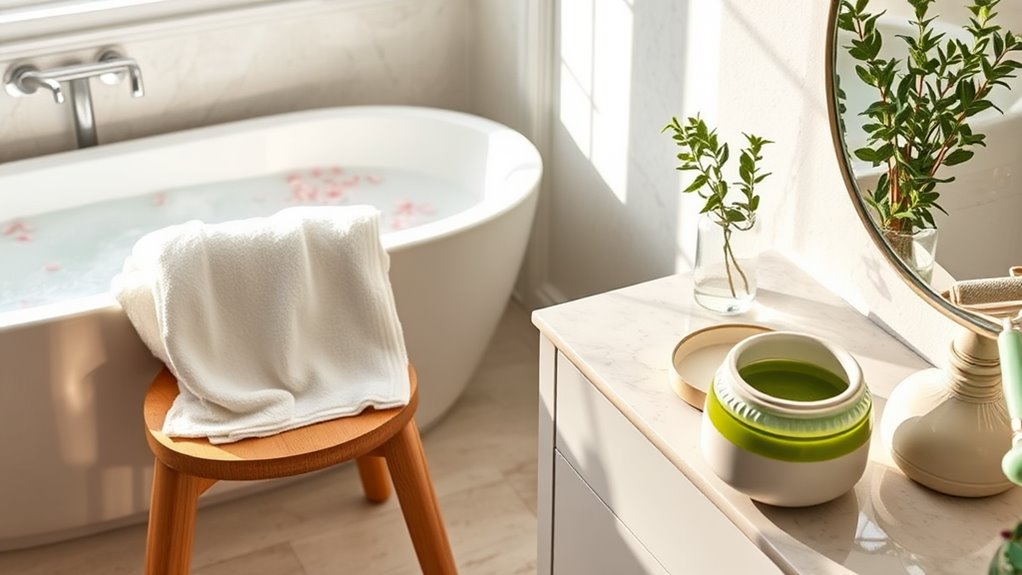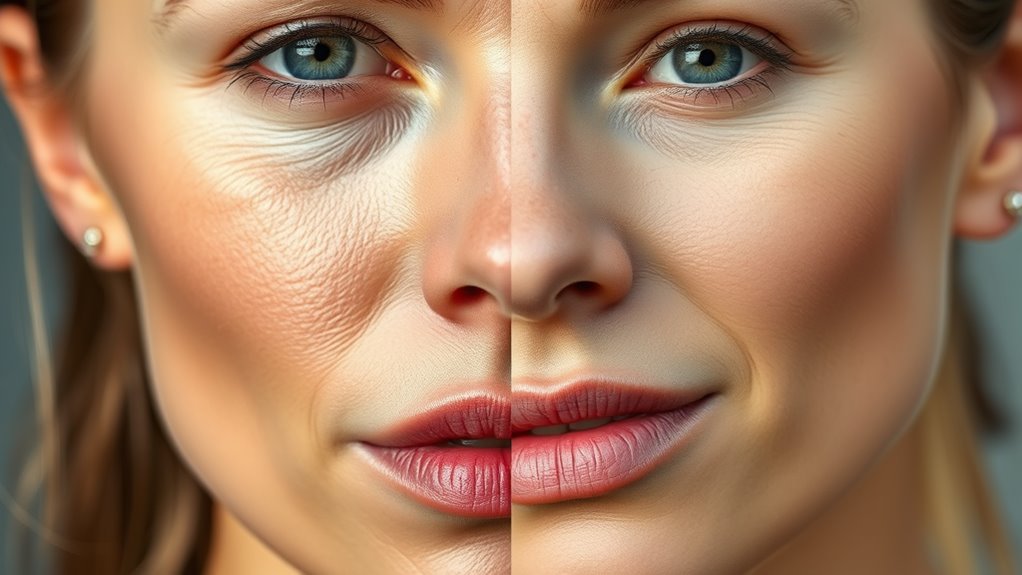Stress Acne Is Real-Here’s How to Prevent It Before It Starts
You might not realize it, but stress can have a significant impact on your skin, leading to breakouts known as stress acne. When life’s pressures mount, hormones like cortisol spike, causing oil production to increase and pores to clog. The good news is that you can take steps to prevent these unwelcome blemishes. By understanding your triggers and implementing effective strategies, you can keep your skin clear and healthy. Let’s explore how you can start today.
Understanding the Link Between Stress and Acne
When you experience stress, your body reacts in ways that can directly impact your skin, leading to breakouts and flare-ups.
Stress triggers hormones like cortisol, which increases oil production and clogs pores. You might notice that when life gets overwhelming, those pesky pimples pop up uninvited.
It’s essential to recognize that you’re not alone in this struggle—many people face similar challenges.
By understanding the connection between stress and breakouts, you can take proactive steps to manage your stress levels.
Finding healthy coping mechanisms can help you regain control over your skin and foster a sense of belonging within your community.
Identifying Your Triggers
How well do you know the specific stressors that lead to your breakouts? Identifying these triggers is crucial for prevention. Stress can manifest in various ways, so it’s essential to pinpoint what affects you most. Here’s a simple table to help you track your stressors:
| Common Triggers | Your Experience |
|---|---|
| Work deadlines | |
| Relationship issues | |
| Financial concerns | |
| Lack of sleep | |
| Poor diet |
Daily Stress Management Techniques
Effective stress management is vital for maintaining clear skin and overall well-being.
Start your day with a few minutes of deep breathing or meditation to set a positive tone. Incorporate regular physical activity, whether it’s a brisk walk or yoga, to release endorphins and boost your mood.
Connect with friends or family daily; sharing your feelings fosters a sense of belonging and support. Make sure you’re getting enough sleep, as it’s crucial for your mental health.
Lastly, take breaks during your day to recharge. By practicing these techniques, you’ll not only reduce stress but also help keep your skin clear and healthy.
Skincare Routines to Combat Stress Acne
To combat stress acne, establishing a consistent skincare routine is essential.
Start with a gentle cleanser to remove impurities without stripping your skin. Follow up with a toner to balance your skin’s pH and minimize pores. Incorporate a lightweight, oil-free moisturizer that hydrates without clogging pores.
Don’t forget sunscreen during the day to protect against UV damage. At night, consider a treatment with salicylic acid or benzoyl peroxide to target breakouts.
Regular exfoliation helps slough off dead skin, promoting a clearer complexion. By sticking to this routine, you’ll feel more confident and connected to your skin’s needs.
Lifestyle Changes for Long-Term Prevention
While a consistent skincare routine lays the foundation for healthy skin, lifestyle changes play a significant role in long-term stress acne prevention.
You can start by prioritizing sleep; aim for 7-9 hours each night to help your body recover. Incorporating regular exercise not only reduces stress but also boosts circulation, promoting healthier skin.
Mindful practices like meditation or yoga can help manage anxiety levels. Additionally, maintaining a balanced diet rich in vitamins and antioxidants nourishes your skin from the inside out.
These small changes can make a big difference, fostering a sense of community and support among friends who share your journey.





